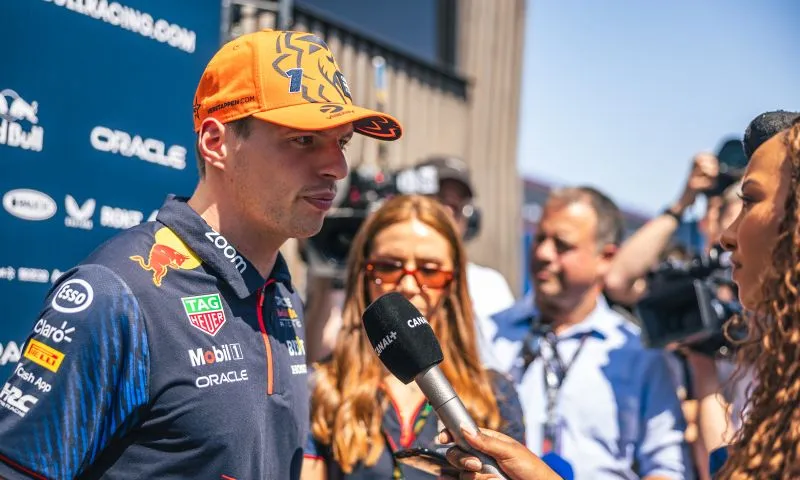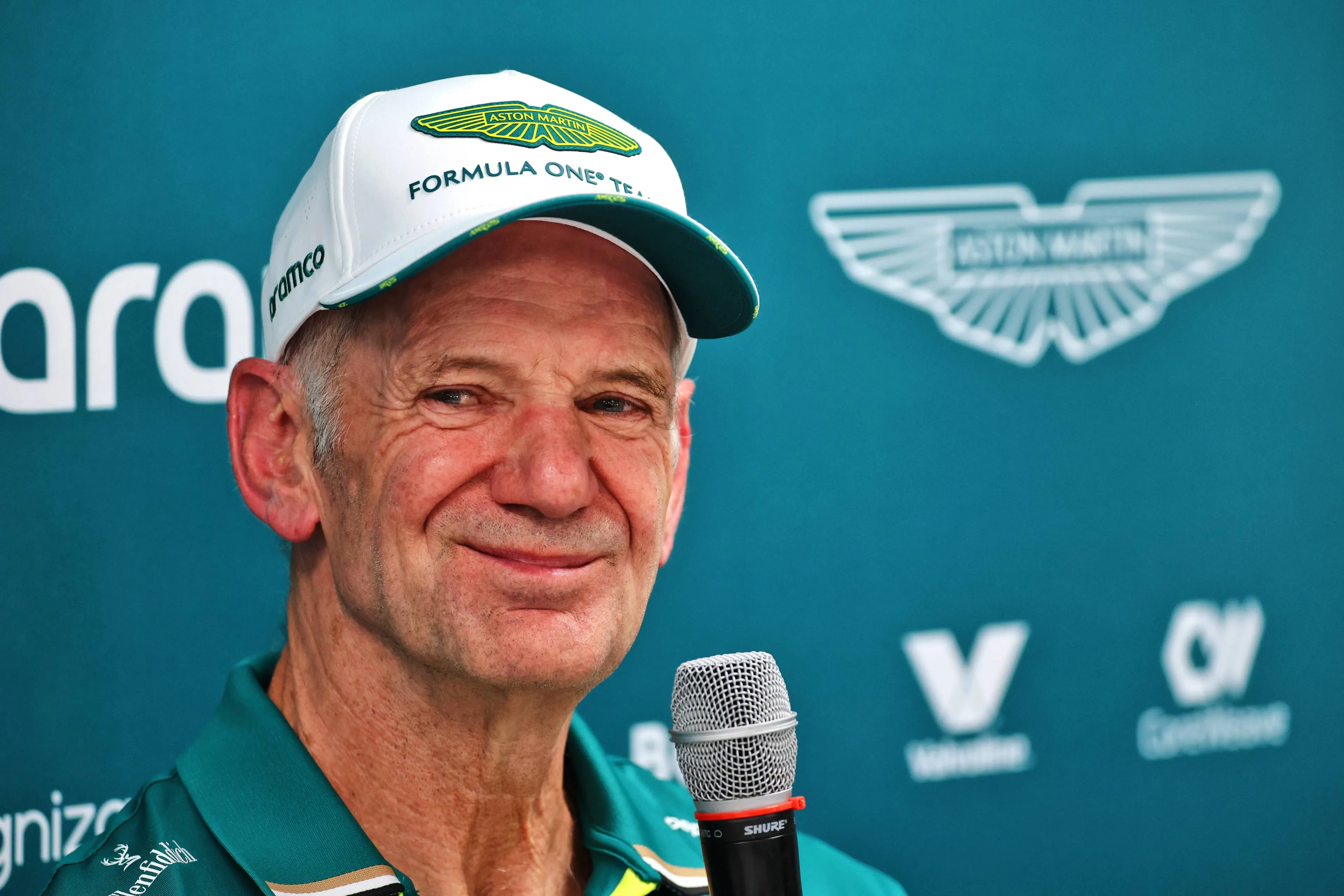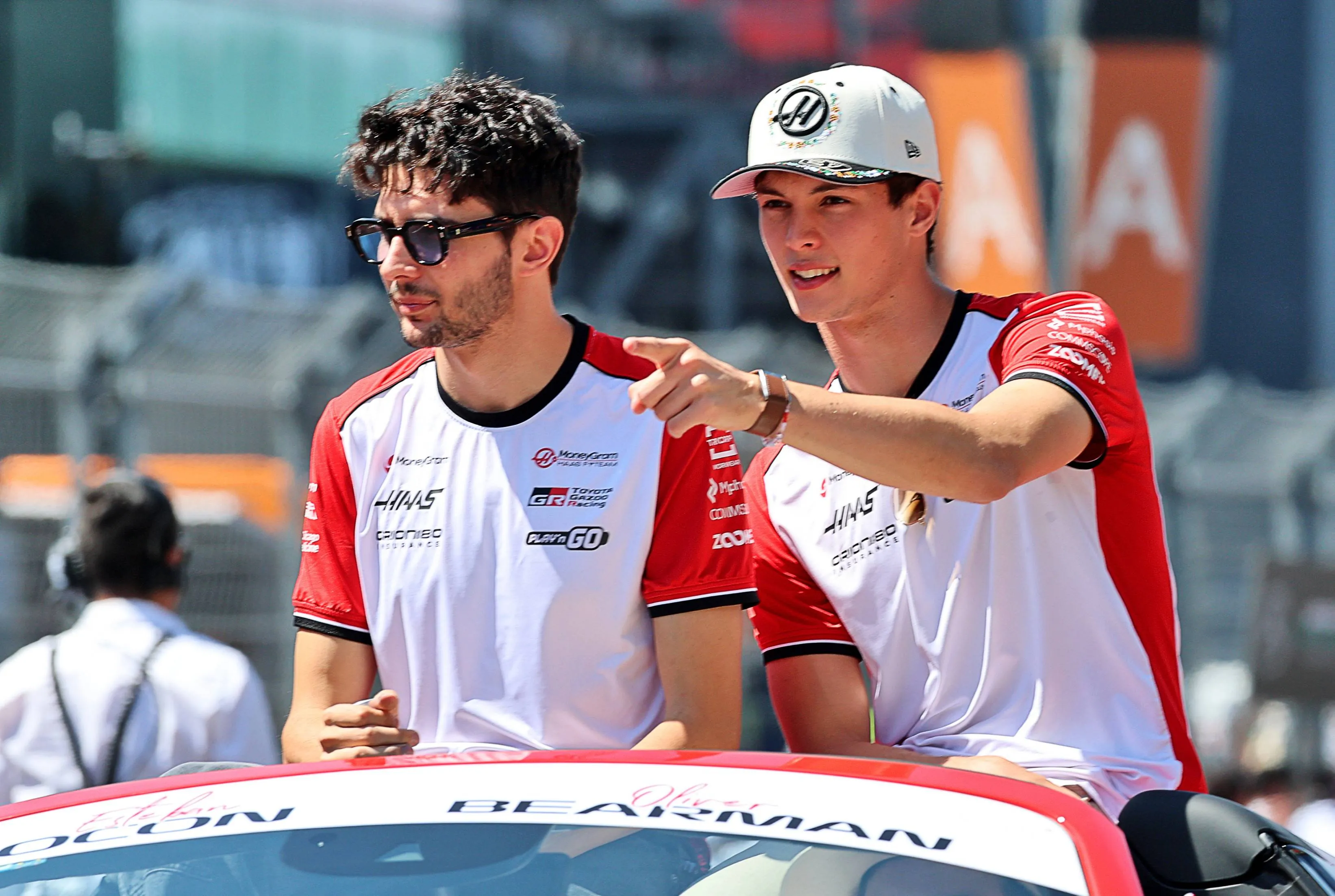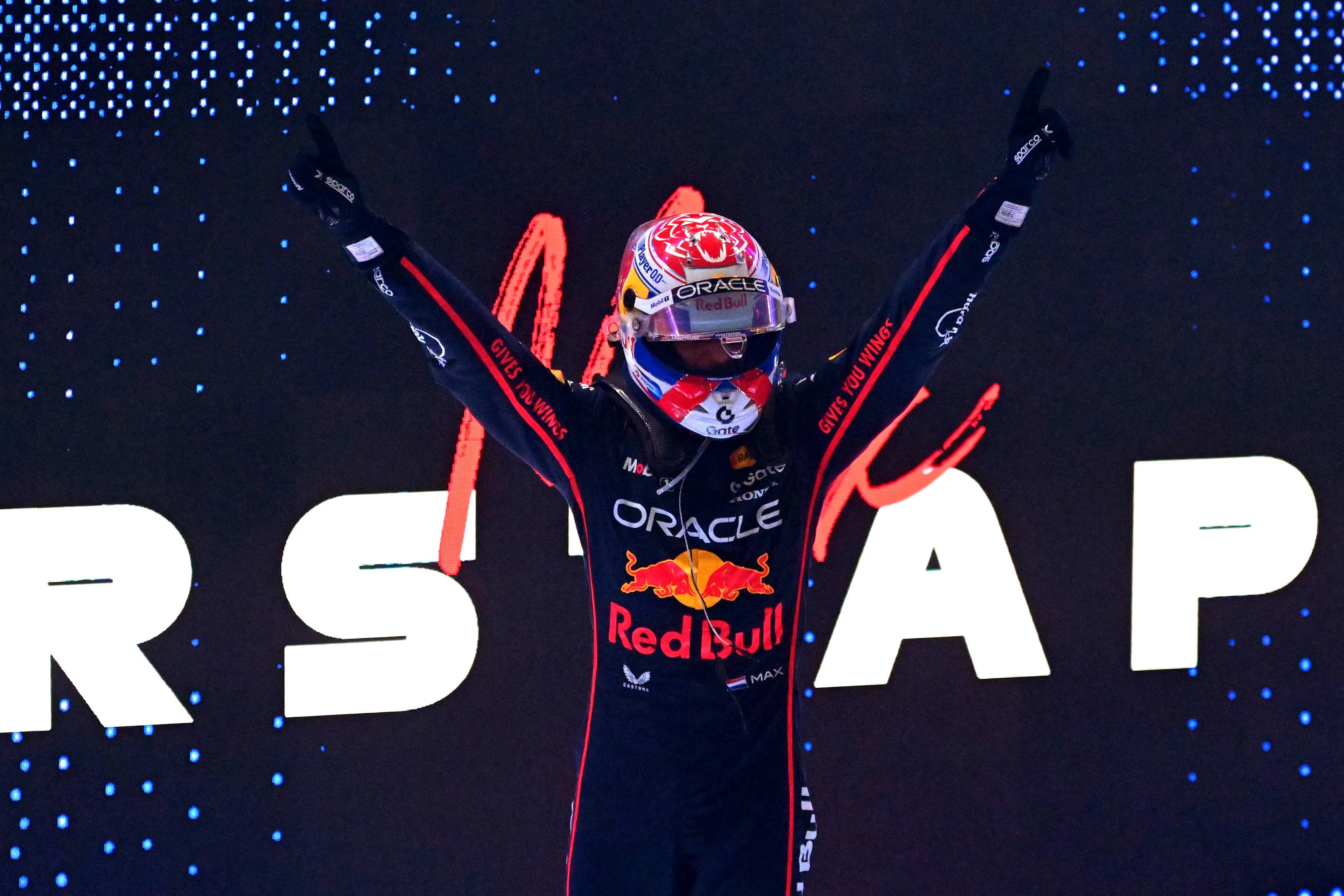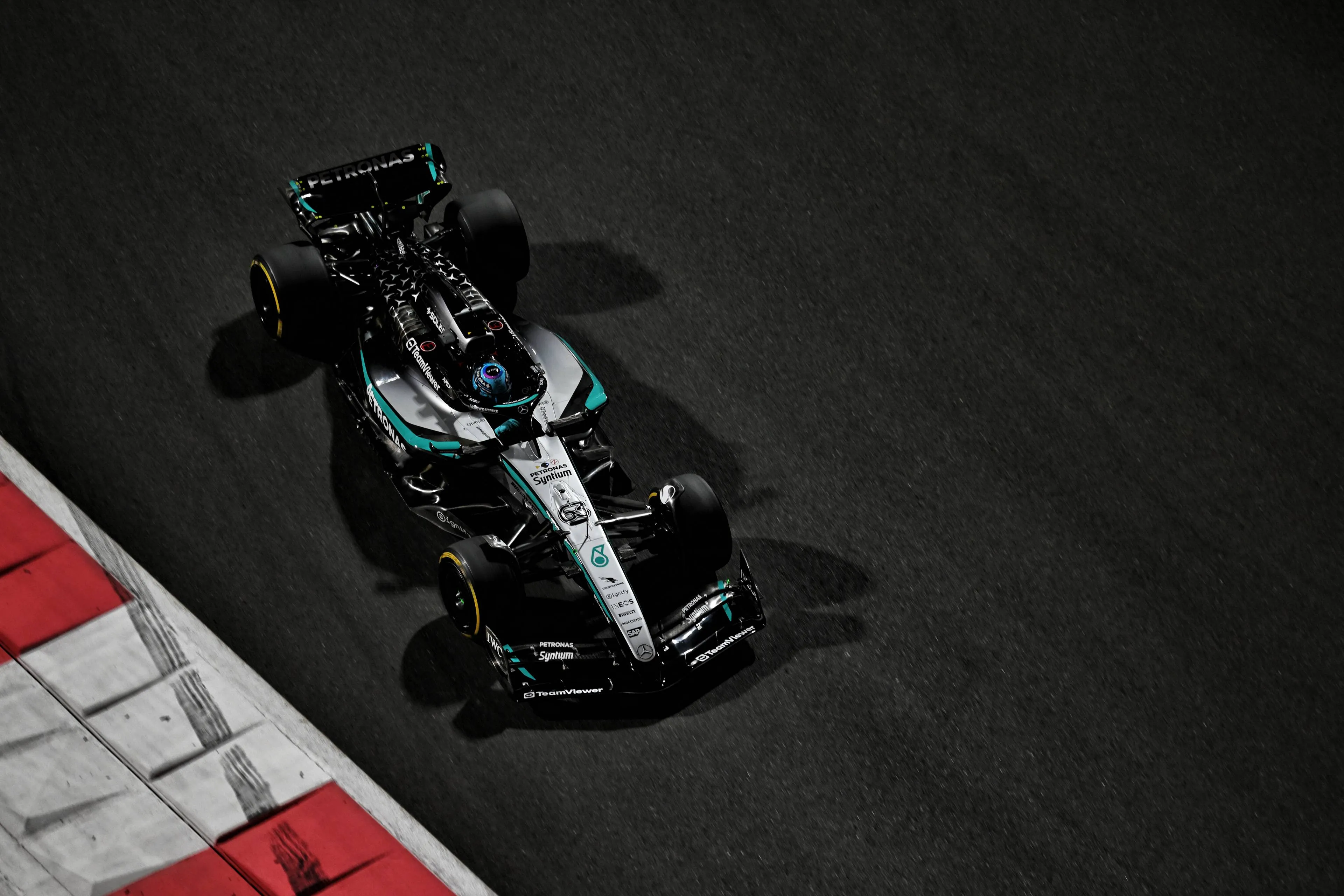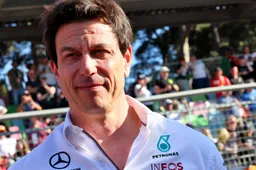In Formula 1, everything is certainly not what it seems. The relationship between F1 and the teams has more chemistry than many might suspect. In and around the paddock, there is a constant interaction between the F1 media and, on the other hand, the teams, the drivers and F1 as an organisation. This is a behind-the-scenes look at how the F1 media relate to the world they report on.
The summer break in F1 had barely started when reports appeared (again) about the future of Sergio Perez. The Mexican was reported to have a clause in his contract with Red Bull Racing stating that his commitment could be changed if his gap with teammate Max Verstappen reached 125 points or more. It wasn't before long that a journalist asked Helmut Marko for a comment. The latter denied the existence of such a contract clause. Obviously.
Alliance with the media
No team boss will confirm whether such a report is accurate to the media. So how do publications like that start? That requires an explanation of how the sports world - including the F1 world - and the media interact. There is a tactical alliance between the two parties. The motto is: 'You need me, I need you'. When a story like Perez's contract appears in the media (or about an imminent dismissal or whatever story you can name), there is often a reason for this.
More on that in a moment. First, the role of spokespeople in the whole F1 circus. Their job is to constantly try to influence the media: 'Shall I explain to you what is going on behind the scenes? But you didn't hear it from me!' They regularly provide a journalist with a scoop or news item, hoping they skip an article. Think of a story about an imminent transfer, which may be cancelled if it already appears in the media.
'One good turn deserves another' is then the motto. This is how, as a PR officer, you create a 'friendly' relationship with a journalist. After all, as a friend, you can always ask for a favour, right? Which media does the spokesperson choose to be friends with? The most important ones! The bigger the medium's reach, the more relevant it becomes for spokespeople to get Lionel Messi, Novak Djokovic or Max Verstappen to give an exclusive interview. Provided, of course, that they are in the good books.
More on that in a moment. First, the role of spokespeople in the whole F1 circus. Their job is to constantly try to influence the media: 'Shall I explain to you what is going on behind the scenes? But you didn't hear it from me!' They regularly provide a journalist with a scoop or news item, hoping they skip an article. Think of a story about an imminent transfer, which may be cancelled if it already appears in the media.
'One good turn deserves another' is then the motto. This is how, as a PR officer, you create a 'friendly' relationship with a journalist. After all, as a friend, you can always ask for a favour, right? Which media does the spokesperson choose to be friends with? The most important ones! The bigger the medium's reach, the more relevant it becomes for spokespeople to get Lionel Messi, Novak Djokovic or Max Verstappen to give an exclusive interview. Provided, of course, that they are in the good books.
'Deals' are commonplace in Formula 1
Any sports journalist who claims to be completely independent and never makes 'deals' is not telling the whole truth. You cannot function otherwise - especially in Formula 1. Writing anything you want is a no-go because you need those athletes and their teams. With a football team, you might think: 'I won't speak to that one player, there are still ten left'. In reality, that is already complicated; in Formula 1, it is even more difficult. If teams don't like you as a journalist, they cut off the flow of information. No more interviews, no more scoops. Nothing. As a journalist, that is difficult to explain to your editor-in-chief.
For PR people, such as spokespeople, the team needs to appear in the media - because it's good for fans and sponsors - and preferably in a positive way. They want their story to appear their way in their chosen medium. How often a journalist is asked, 'I have such an interesting story for you right now. Would you like to speak to Mr X and write it up?' Sometimes that doesn't yield the most interesting story imaginable, but the bigger picture is more important. Again; 'what goes around comes around'.
For PR people, such as spokespeople, the team needs to appear in the media - because it's good for fans and sponsors - and preferably in a positive way. They want their story to appear their way in their chosen medium. How often a journalist is asked, 'I have such an interesting story for you right now. Would you like to speak to Mr X and write it up?' Sometimes that doesn't yield the most interesting story imaginable, but the bigger picture is more important. Again; 'what goes around comes around'.
Media as a funnel
Or think of a team director telling you exactly how things stand on a particular issue, to conclude with: 'You should put in the story that I didn't want to give a reaction'. That way, he stays out of harm's way, the journalist gets his scoop, and this director expects the journalist not to write negative stories when he is under fire for having some disappointing performances.
Back to Perez's story. Someone in the paddock may have leaked the existence of a clause - existing or not - because they want to send a signal to the Mexican's entourage: 'You have to perform better after the summer because otherwise ...'. Increasing pressure through the media is a well-known motive for a leak. In such a case, the media are a grateful party to serve as a funnel. Again: the scenario outlined now serves only as an example.
Back to Perez's story. Someone in the paddock may have leaked the existence of a clause - existing or not - because they want to send a signal to the Mexican's entourage: 'You have to perform better after the summer because otherwise ...'. Increasing pressure through the media is a well-known motive for a leak. In such a case, the media are a grateful party to serve as a funnel. Again: the scenario outlined now serves only as an example.
It is quite possible that, in this particular case, the media obtained the disclosed information differently. What is almost certain: someone was interested in leaking this information and benefiting from it at some point. As described, the underlying way of thinking will not sound strange to any F1 journalist.
Read more about:
Rumors
Popular on GPBlog
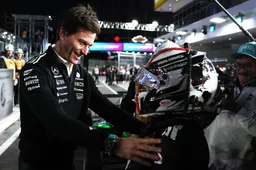
1
Mercedes announces female driver for 2026 season
956 times read

2
Red Bull Ford completes the list: the sound of Formula 1 in 2026
720 times read

3
Mercedes engine roars on track as Alpine drives first miles at Silverstone
609 times read
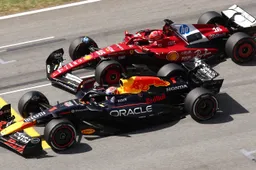
4
Red Bull Racing takes playful dig at Ferrari on social media
551 times read
Loading
